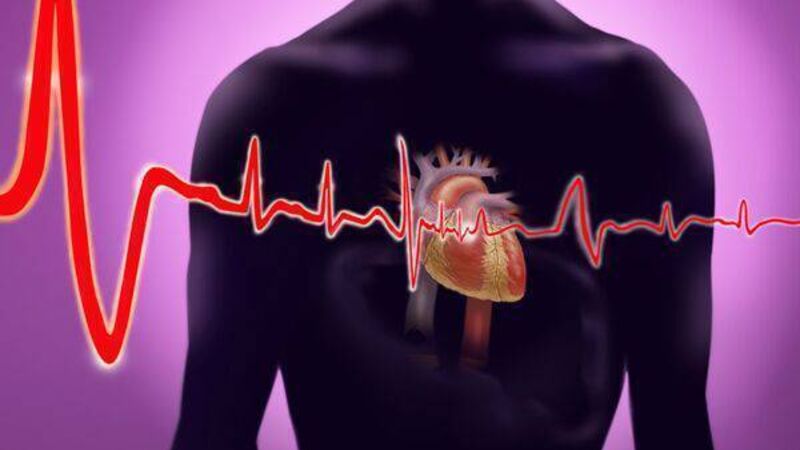80% of heart failure diagnosed in A&E, cardiology nurse warns

Nurse Mairead Lehane says that early diagnosis and timely treatment of heart failure can prevent prolonged hospitalisation.
An estimated 90,000 people have undiagnosed heart failure, with many only discovering the potentially serious condition in a hospital emergency department, a Cork cardiology nurse has warned.
A further 90,000 have this condition, which left untreated can be as deadly as some cancers, according to Mairead Lehane, who is an advanced nurse practitioner in cardiology (integrated care) at Cork University Hospital and the Cork city Chronic Disease Hub.













